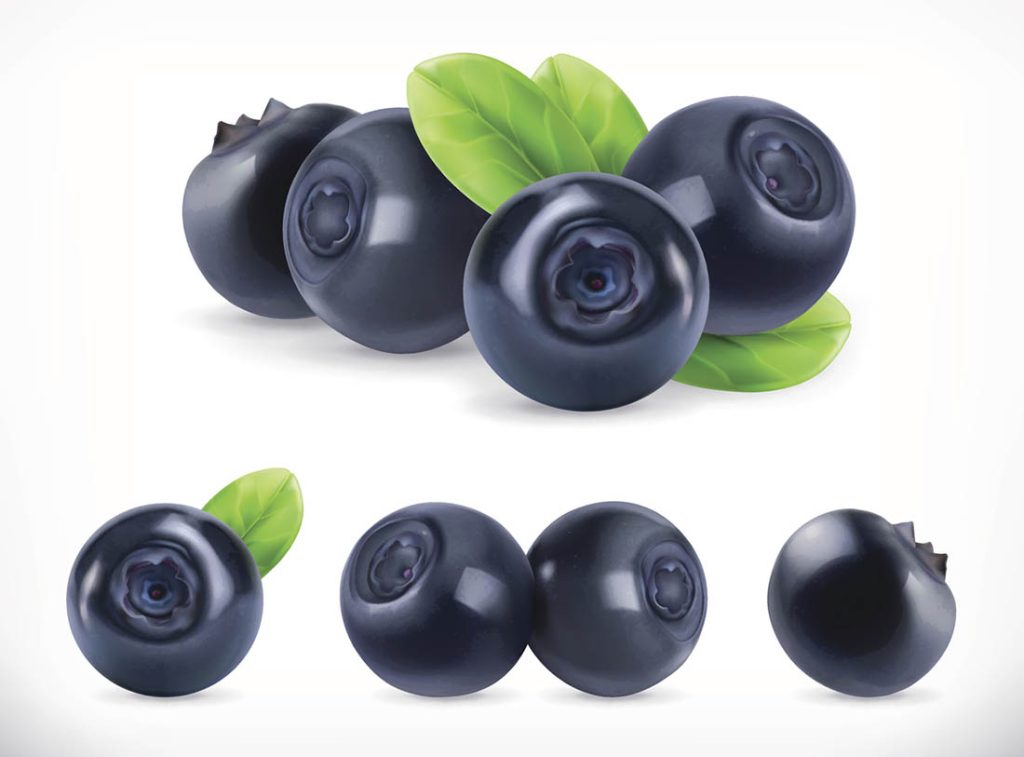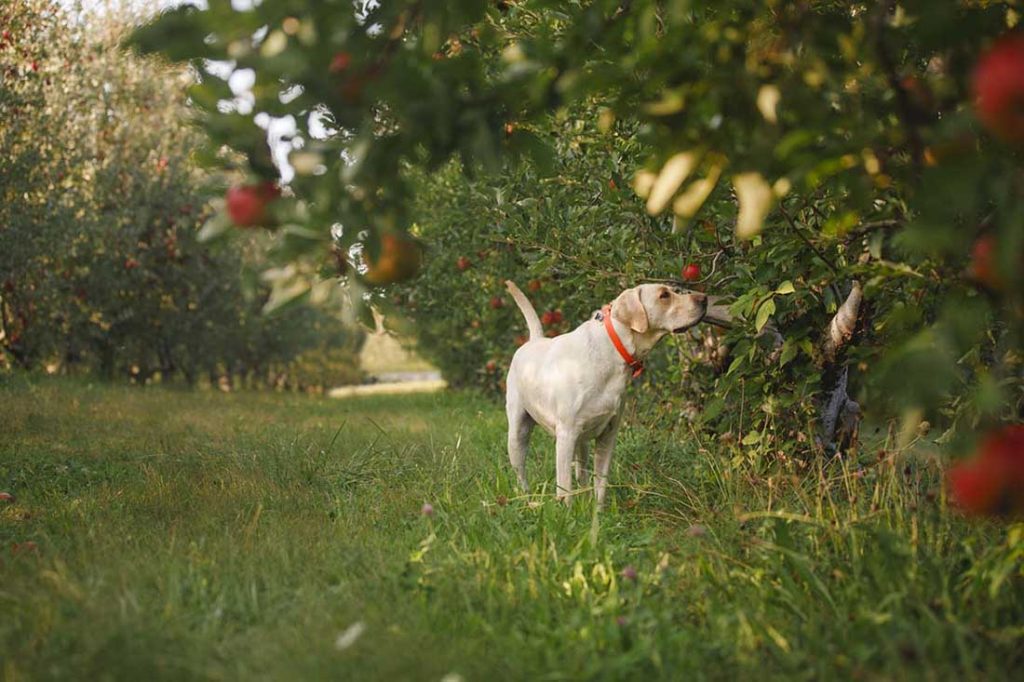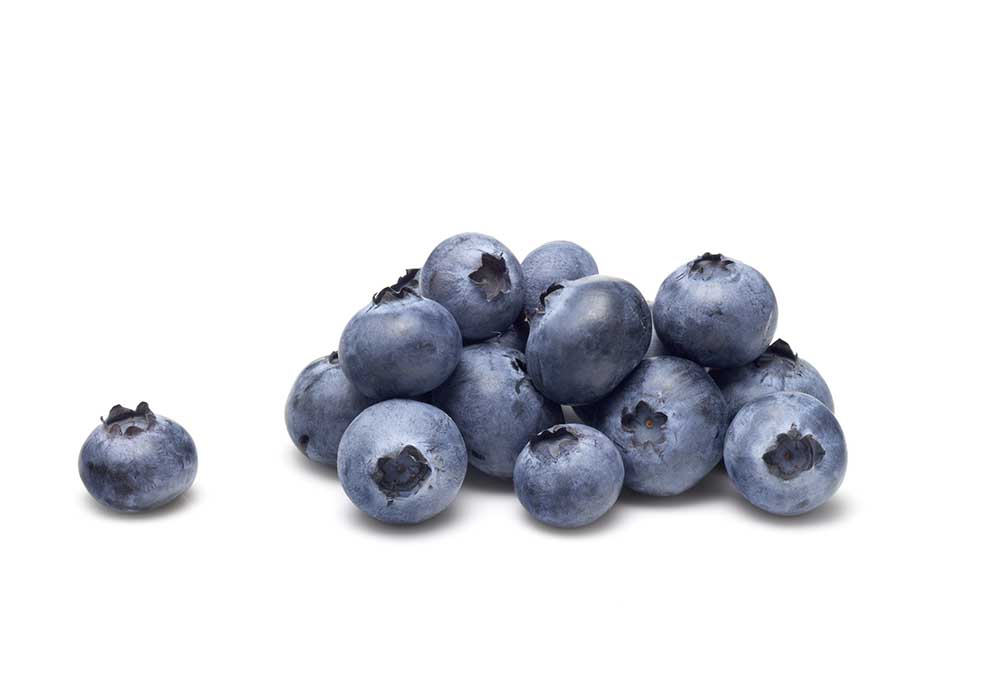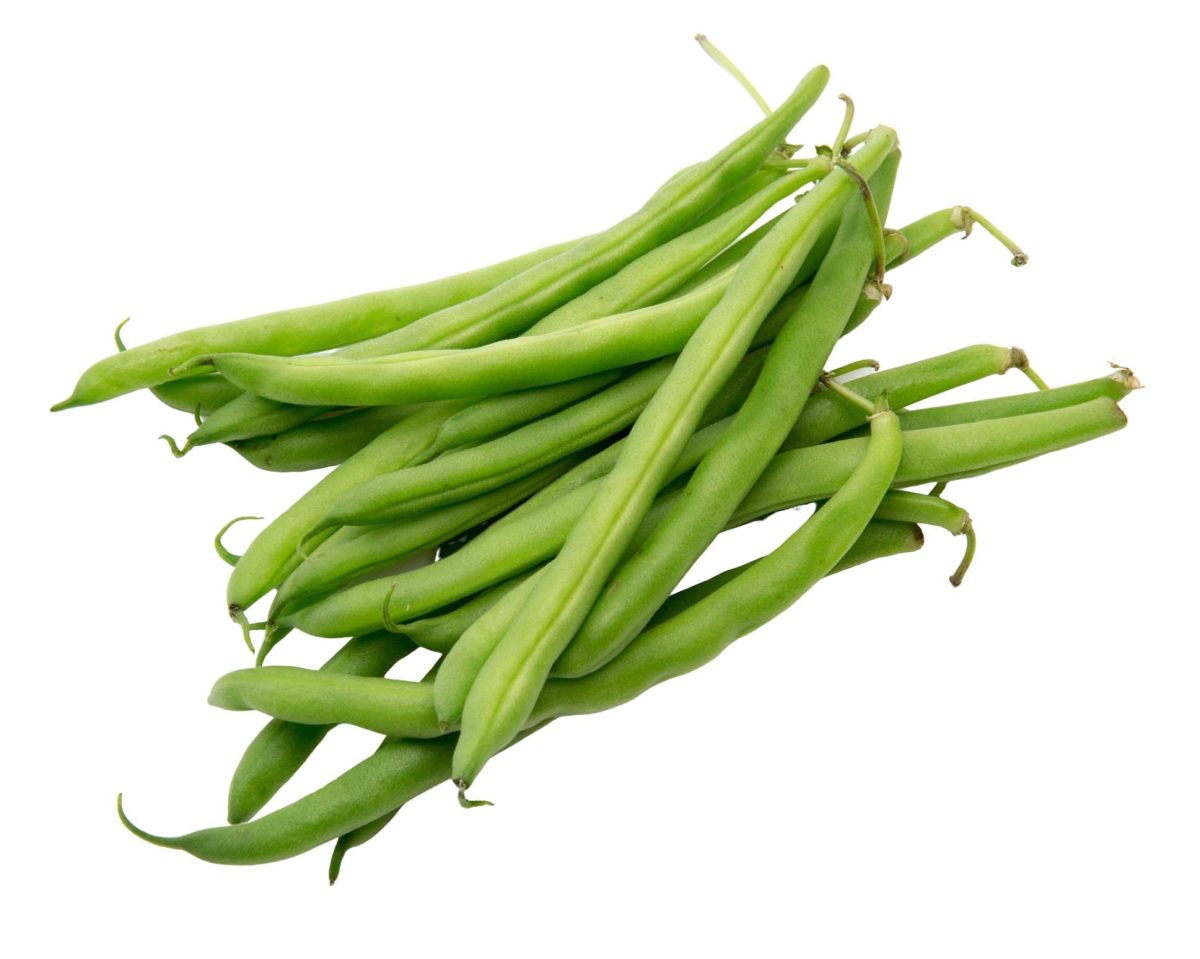Are Blueberries Good For Dogs?
Blueberries for dogs are full of health benefits. These sweet and savory fruits are the perfect balance of delicious and nutritious.
Blueberries ARE good for dogs! They make a great treat for dogs and are full of health benefits. These sweet and savory fruits are the perfect balance of delicious and nutritious.
Can Dogs Eat Blueberries?

Blueberries are completely safe for most dogs and make a tasty and healthy treat. Adding fruits like blueberries to your dog’s dinner is an excellent way of making sure they get a balanced diet.
Health Benefits of Blueberries for Dogs
Blueberries are considered a healthy food for humans, but did you know their health benefits also make blueberries a superfood for dogs?
The antioxidants, vitamins, and fiber in blueberries are all essential nutrients your dog needs for overall well-being and maintaining good health. Here are some of the reasons blueberries are full of nutritional benefits:
Rich in Antioxidants
Blueberries are rich in antioxidants, particularly anthocyanins. This type of antioxidant is known for improving memory and cognitive function, and can also help prevent obesity and diabetes.
Dogs need antioxidants to help prevent free radicals (atoms that can cause cell damage) in the body. Antioxidants also promote immune system health in dogs and can help dogs with allergies or dermatology-related issues, like itchy skin and dry coats.
Full of Vitamins
Blueberries are full of vitamins, especially vitamin C and vitamin K. They also contain smaller amounts of vitamin A and vitamin E.
In dogs, vitamin C helps reduce cognitive aging and supports a healthy immune system. Like antioxidants, vitamin C can also prevent free radicals from causing cell damage. Vitamin K is important for dog’s diets to help synthesize proteins in the blood necessary for clotting.
Vitamin A supports eye health, bone growth, and the growth of reproductive cells, while vitamin E supports a strong and healthy heart.
Packed With Fiber
Healthy fiber is another benefit of blueberries. Much like humans, dogs need fiber for a healthy digestive tract and bowel movements, and blueberries are a healthy snack that’s low in sugar and full of fiber.
Dogs who don’t get enough fiber in their diet can run into digestive issues like upset stomach, diarrhea, or vomiting. If unaddressed, these can sometimes lead to more serious health issues like diabetes or anal gland problems.
Crammed With Minerals
Blueberries contain several essential minerals for every dog’s diet — manganese, potassium, calcium, and magnesium.
Dogs need manganese for healthy digestion and metabolism and to support immune system function. Potassium is an essential part of your pet’s diet to maintain healthy muscles, joints, and nerve function. Calcium is important for dogs to grow healthy bones and teeth and for heart health, while magnesium aids in muscle function and energy production.
Low In Sugar
Blueberries are not only full of antioxidants, vitamins, and minerals, but they also don’t contain tons of sugar! This sweet, low-calorie fruit only contains about 15 grams of sugar per cup, making it a great snacking option for those with diabetes since it won’t negatively affect glucose levels.
Raspberries, cranberries, and cantaloupe are three more fruits that are relatively low in sugar and won’t cause blood sugar levels to spike.
Are Blueberries A Choking Hazard For Dogs?

Fresh blueberries are soft enough to chew and swallow and generally aren’t a choking hazard for most dogs as long as they aren’t eating them too fast. Make sure your dog is chewing and swallowing blueberries before giving them more.
Small dogs may have a harder time chewing frozen blueberries, especially if you feed blueberries one at a time. For senior dogs or dog breeds with softer mouths, like golden retrievers and cocker spaniels, blueberry puree added to their dog food or homemade dog treats is a great way to get them the nutritional benefits of blueberries without the risk of them becoming a choking hazard.
Does Dog Food Contain Blueberries?
Some commercial dog foods and kibble blends do contain blueberries, but it’s important to read the fine print. Your dog’s food might not contain enough blueberries for them to add any real nutritional value to your dog’s diet, and adding fresh blueberries yourself may be a better option.
If you’re looking for high-quality dog food with an excellent balance of whole food ingredients and no preservatives, try meals like this tofu and quinoa recipe. It’s full of fresh, natural ingredients like kale, mushrooms, sweet potato, and of course blueberries.
Feeding Your Dog Blueberries
When you’re ready to share the bounty of health benefits found in blueberries with your dog, here’s what you need to know.
How To Serve Blueberries to Dogs
Blueberries can be frozen with yogurt for a refreshing warm-weather dog treat on those hot summer days, or mashed and added to your dog’s food for an extra helping of nutritious fruit.
Making a game out of tossing your pup some fresh blueberries as dog treats is a fun way to share them with your furry friend.
How Many Blueberries Can A Dog Eat?
For a medium-sized dog, a small handful of blueberries is plenty as a snack or added to a meal. If your dog is bigger or smaller you can adjust the portion accordingly.
Like any human food that’s safe for dogs, you’ll want to share blueberries in moderation to maintain your dog’s health and keep their digestive system operating smoothly. It’s wise to serve a small amount to start any time you share a new food with your dog, and blueberries are no exception.
Can Dogs Have Blueberry Muffins?
Blueberry muffins, like most baked goods, have a high sugar content. Some store-bought muffins may even contain xylitol, an artificial sweetener that’s toxic to dogs.
Baked goods aren’t exactly a healthy snack or the best way to share the benefits of blueberries with your pooch anyway, so save these special treats for humans.
Fruits Dogs Can and Can’t Eat
Looking for more fresh fruit options to share with your pup? Fruits are full of nutrition and hydration and make a delicious addition to your dog’s diet. Here’s a list of fruits that dogs can eat and ones they can’t.

Fruits Dogs CAN Eat:
- Apples
- Bananas
- Mango
- Raspberries
- Strawberries
- Tomatoes (yup, they’re a fruit!)
- Watermelon
Fruits Dogs CAN’T Eat:
- Avocados
- Cherries
- Grapes
- Lemons
- Limes
- Plums
- Raisins
This content is for informational use only and does not replace professional nutrition and/or medical advice, diagnosis, or treatment. It is not a substitute for and should not be relied upon for specific nutrition and/or medical recommendations. Please talk with your veterinarian about any questions or concerns.








